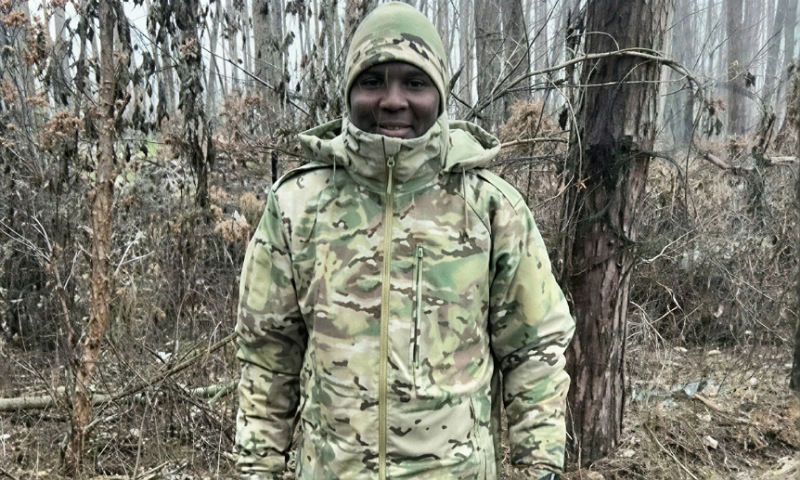A deadly Jerusalem bus stop shooting attack this Monday morning left five civilians dead and at least a dozen others wounded. The incident unfolded at Ramot Junction, a busy commuter hub in northern Jerusalem, during rush hour. Witnesses described scenes of terror as gunmen opened fire on people waiting for buses and those already inside.
How the Attack Happened
According to Israeli police, two armed men arrived in a vehicle and began shooting indiscriminately at around 10:13 a.m. A civilian and an off-duty security officer quickly returned fire, killing both attackers at the scene. Paramedics who arrived within minutes described chaos, shattered glass, and victims lying on the ground in critical condition.
The attackers carried automatic weapons and large amounts of ammunition, suggesting they intended to cause mass casualties. Their swift neutralization prevented an even higher death toll.
Casualties Confirmed
Emergency services confirmed that five people died in the Jerusalem bus stop shooting attack. Victims included both men and women, with ages ranging from their 30s to 50s. At least 11 to 15 others sustained injuries, some from direct gunfire and others from shrapnel or falling debris. Several remain hospitalized in critical condition.
Medical workers said the rapid intervention of bystanders and first responders likely saved lives. Survivors were evacuated to nearby hospitals while security services sealed off the entire Ramot area.
Security Response and Government Reaction
Israeli forces quickly expanded security measures across Jerusalem and the West Bank. Additional checkpoints were set up around Ramallah, and military patrols intensified in nearby settlements. Prime Minister Benjamin Netanyahu arrived at the scene, where he condemned the shooting and vowed decisive action against terror groups.
The Israeli government called the incident one of the deadliest attacks in the city this year. Officials warned of possible copycat strikes and urged vigilance in public spaces.
Reactions from Armed Groups
Hamas and Islamic Jihad praised the shooting, calling it a “natural response” to Israeli operations in Gaza and the West Bank. Neither group officially claimed responsibility, but authorities believe the assailants had ties to Palestinian militant organizations.
These statements fueled fears of further escalation. Regional analysts noted that the Jerusalem shooting attack occurred during a period of heightened violence, with rising casualties on both sides of the conflict.
Broader Context
The attack came as tensions between Israel and Palestinian groups intensified following weeks of clashes in Gaza. Reports from the United Nations highlight a growing humanitarian crisis, with civilian deaths climbing daily. Monday’s events added another layer of grief and uncertainty to an already volatile situation.
For many residents, the Jerusalem bus stop shooting attack shattered a sense of routine. Commuters said they no longer feel safe using public transport, and security services pledged increased patrols at busy hubs.
Looking Ahead
Investigations continue into the identity of the attackers and whether they received support from larger networks. Security officials confirmed that they are searching for possible accomplices.
While Israel braces for further violence, international leaders called for calm and restraint. Diplomatic observers stressed that without urgent dialogue, spiraling attacks may deepen mistrust and prolong unrest.
For now, families mourn their loved ones, hospitals fight to save the injured, and Jerusalem residents live under the shadow of yet another deadly assault.




2 thoughts on “Jerusalem Bus Stop Shooting Attack Kills 5”